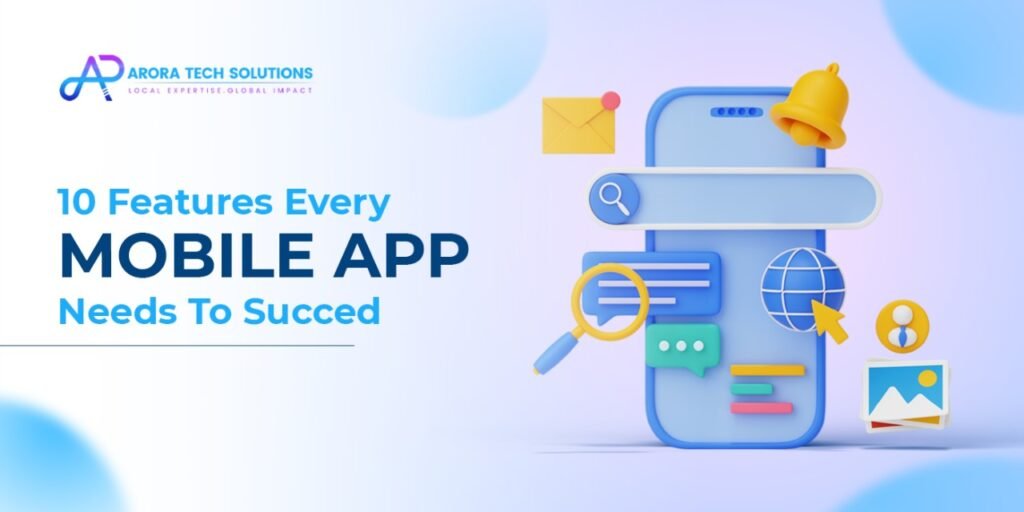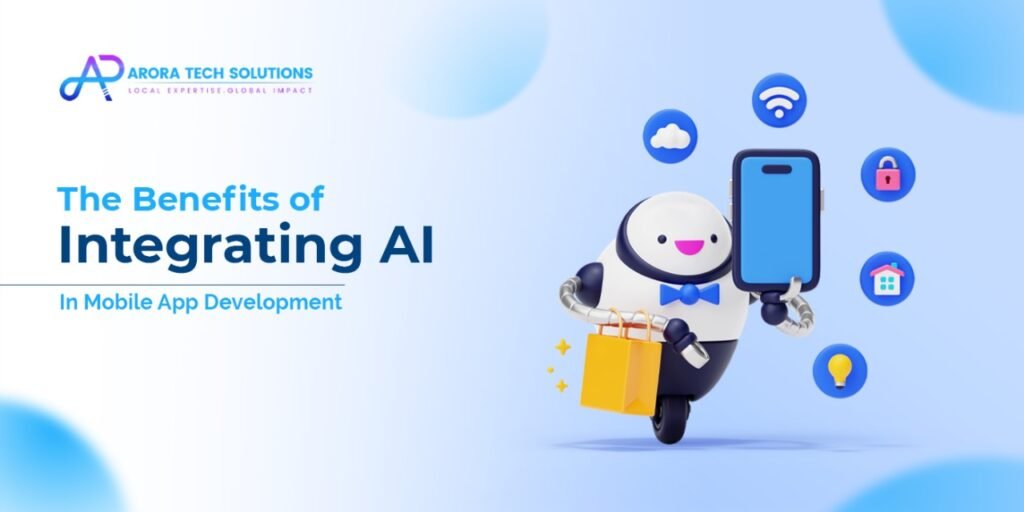Native vs Cross-Platform App Development: Which Is Best for Your Business?
When embarking on mobile app development, one of the most critical decisions businesses face is choosing between native and cross-platform development. Both approaches have their strengths and limitations, and the right choice depends on your specific business goals, budget, and target audience. In this blog, we’ll break down the key differences, benefits, and challenges of each to help you make an informed decision.
What Is Native App Development?
Native app development involves creating applications specifically for a single platform, such as iOS or Android, using platform-specific programming languages and tools.
- Languages: Swift or Objective-C for iOS, Kotlin or Java for Android.
- Tools: Xcode for iOS and Android Studio for Android.
Pros of Native Development
- Superior Performance: Direct access to device hardware ensures smooth and fast operation.
- Rich User Experience: Native apps are optimized for the platform, providing seamless UI and UX.
- Full Access to Platform Features: Developers can utilize all device-specific functionalities, like GPS, camera, or AR.
- High Security: Robust platform-specific security features can be implemented effectively.
Cons of Native Development
- Higher Development Cost: Separate development for each platform increases costs.
- Longer Time to Market: Building two separate apps takes more time.

What Is Cross-Platform App Development?
Cross-platform development enables you to create a single app that runs on multiple platforms using a shared codebase.
- Languages: JavaScript, Dart, or C#.
- Frameworks: React Native, Flutter, and Xamarin.
Pros of Cross-Platform Development
- Cost Efficiency: A single codebase reduces development and maintenance costs.
- Faster Development: Write once, deploy on both iOS and Android, shortening the time to market.
- Consistent UI: Ensures uniform design and experience across platforms.
- Wider Reach: Target users on both platforms simultaneously.
Cons of Cross-Platform Development
- Performance Limitations: May not perform as efficiently as native apps, especially for graphics-heavy applications.
- Limited Access to Native Features: Some platform-specific functionalities may be harder to implement.
- Dependency on Frameworks: Updates or limitations in the framework can impact app functionality.
Key Factors to Consider
1. Budget
- Limited Budget? Cross-platform development is more cost-effective.
- Flexible Budget? Invest in native development for a superior experience.
2. Time to Market
- Urgent Launch? Cross-platform development allows faster deployment.
- No Rush? Native development is ideal for polished and high-performing apps.
3. Target Audience
- Platform-Specific Audience: Native apps are better if you’re targeting users on a specific platform.
- Broad Reach: Use cross-platform development to reach both iOS and Android users.
4. App Complexity
- High Complexity (e.g., AR, gaming): Native development is better for resource-intensive apps.
- Low to Medium Complexity: Cross-platform development is sufficient for simpler apps.
5. Future Scalability
- Long-Term Investment: Native apps offer better scalability and adaptability.
- Short-Term Goals: Cross-platform apps can provide quick results for MVPs or pilot projects.
Use Cases for Native Development
- Gaming apps requiring high performance (e.g., PUBG).
- Applications relying on complex animations or advanced device functionalities.
- Security-critical apps, such as banking applications.
Use Cases for Cross-Platform Development
- Startups launching Minimum Viable Products (MVPs).
- Business apps focusing on content or e-commerce.
- Apps requiring quick updates or iterations.
Conclusion
Choosing between native and cross-platform development boils down to your business’s specific needs and constraints. Native apps are ideal for performance, security, and platform-specific functionality, while cross-platform development excels in cost-efficiency and faster time to market.
Evaluate your goals, audience, and budget to decide which approach aligns with your vision. Still unsure? Partnering with an experienced development team can help you make the best choice for your business. 🚀

